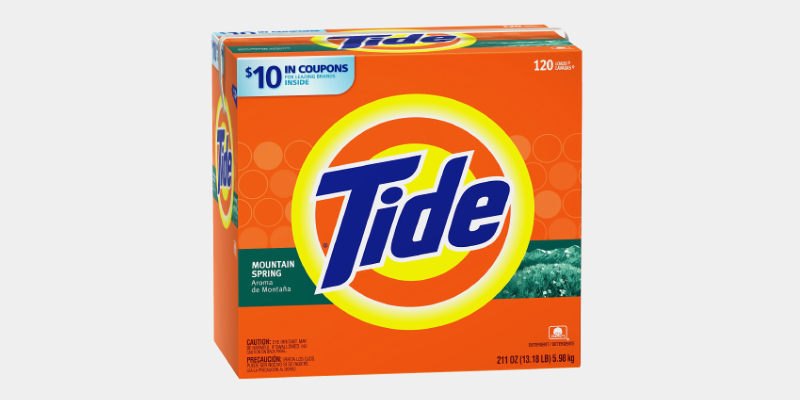Emerson called New York City “a sucked orange.” We’ll take it as a compliment, because today’s an orange-letter day here at Overhead Compartment, wherein we offer some curated delicacies of a tart persuasion. The scent of citrus is in the air, a waning light extends its amber glow—we’re serving tea and oranges that come all the way from China. Enthusiasts for simplicity that we are, we can’t resist the opportunity to isolate an aesthetic that we think worthy of admiration. Conjuring the zest of its namesake fruit, few other colors cast such an invigorating and distinctive mood as orange. We find it quite fetching in its radiating complexion and warmth.


In France, peeling the fruit is not yet considered an inconvenience.
Our regard for the color orange follows the same languid fashion as that which John McPhee, in his excellent book Oranges, describes of the fruit’s ritual celebration in France: “A Frenchman sits at the dinner table, and, as the finishing flourish of the meal, slowly and gently disrobes an orange. In France, peeling the fruit is not yet considered an inconvenience.”

The wonderful French poet and essayist Francis Ponge, certainly, observed such practices. “…it’s not enough to have only spoken of the orange’s special way of scenting the air and rejoicing its executioner,” he writes. Ponge offers a decisive rumination in “l’Orange,” from his Le parti pris des choses: “Emphasis must be placed on the glorious color of the resulting juice which, better than that of the lemon, forces one’s throat wide open as much to pronounce the word as to swallow the liquid.”

Emphasis must be placed on the glorious color of the resulting juice.
It’s unique for a color to possess such an immediate corollary in nature. Our admiration for orange is inseparable from oranges, evoking especially “the covering of this tender, fragile, pink oval ball inside its thick moist absorbant blotting paper,” a surface that demands to be squeezed. Ponge concludes: “…the extremely thin but intensely colored epidermis with its bitter oil is just ruddy enough to catch worthily the light that reveals the perfect form of the fruit.”
